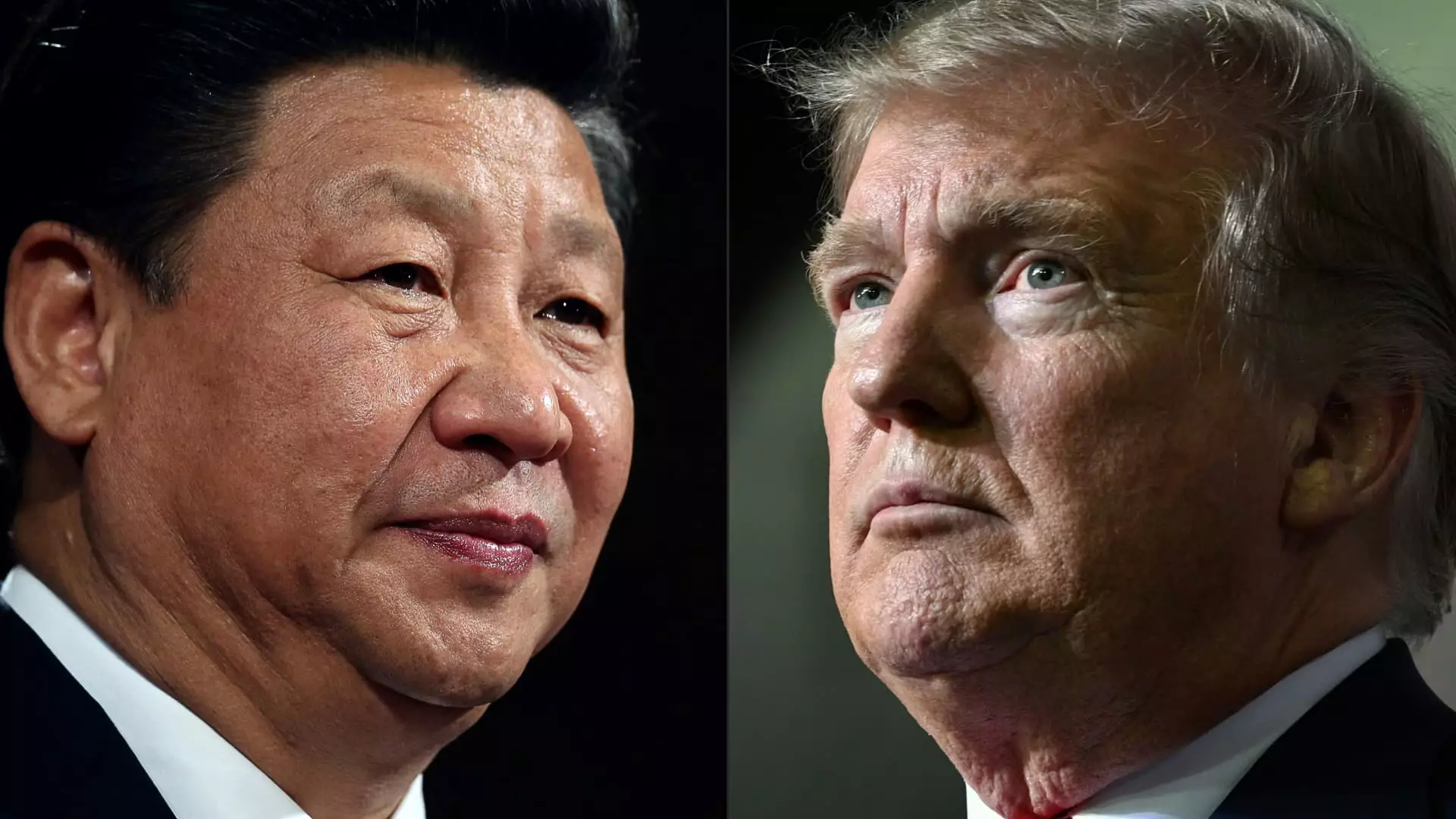Recent statements from U.S. President Donald Trump shed light on the anticipated dynamics between the United States and China. During a press engagement on Air Force One, Trump indicated that he expects Chinese President Xi Jinping to visit the U.S., though he refrained from providing specific details regarding the timing of such a trip. This statement signals a potential thaw in relations between the two nations, particularly amid ongoing tensions characterized by trade disputes and military posturing. A face-to-face interaction between these two leaders is seen as a pivotal element for de-escalating trade tariffs, which have been a contentious point in their bilateral relationship.
Trump also referenced Xi’s last visit to the U.S. in November 2023, where discussions with former President Joe Biden facilitated some groundwork for resuming military communications and addressing global challenges like the fentanyl crisis. Such summits are instrumental in not only tackling urgent issues but also reinforcing diplomatic channels that can mitigate misunderstandings. Trump’s assertive stance that a new trade deal with China is possible showcases his administration’s willingness to engage in dialogue, consistent with his previous approach of using negotiations as a tool for economic leverage.
A particularly complex aspect of U.S.-China relations is the controversy surrounding the social media app TikTok. Trump’s remarks highlighted ongoing discussions with Xi regarding the app, which is owned by the Chinese company ByteDance. The U.S. government has been seeking to broker a sale of TikTok due to national security concerns surrounding data privacy. This issue underscores the broader implications of technological competition and cybersecurity concerns that dominate the U.S.-China narrative. However, specific details on these discussions remain murky, as Trump did not elaborate on the nature of his conversation with Xi.
Geopolitical Tensions and Broader Implications
The U.S.-China relationship has fluctuated over a myriad of contentious issues—ranging from trade tariffs, cybersecurity threats, to human rights concerns—over the past several years. Trump’s administration, much like its predecessors, has found itself navigating through these turbulent waters, all while trying to foster a stable interaction with one of the world’s most powerful nations. Despite the optimistic tone regarding potential trade agreements, historical contexts remind us that both countries have deep-rooted differences that are not easily resolved.
Trump’s comments did not stop at the U.S.-China dynamic; he extended his focus to Russia, suggesting that a deal could be brokered to end the conflict in Ukraine. This perspective highlights a broader foreign policy theme indicating that while domestic issues are pressing, international relations continue to play a crucial role in shaping global stability. As Trump asserted, awareness of territorial expansion gives Russia leverage, complicating negotiations and global diplomatic relationships.
The forthcoming interactions between the United States and China, as indicated by Trump, could signal a new chapter in their diplomatic saga. While optimism abounds regarding trade deals and discussions, the complexity of their historical tensions and broader geopolitical concerns should not be overlooked. As both nations navigate their interests, the global community will undoubtedly be observing closely how these developments unfold.

Leave a Reply